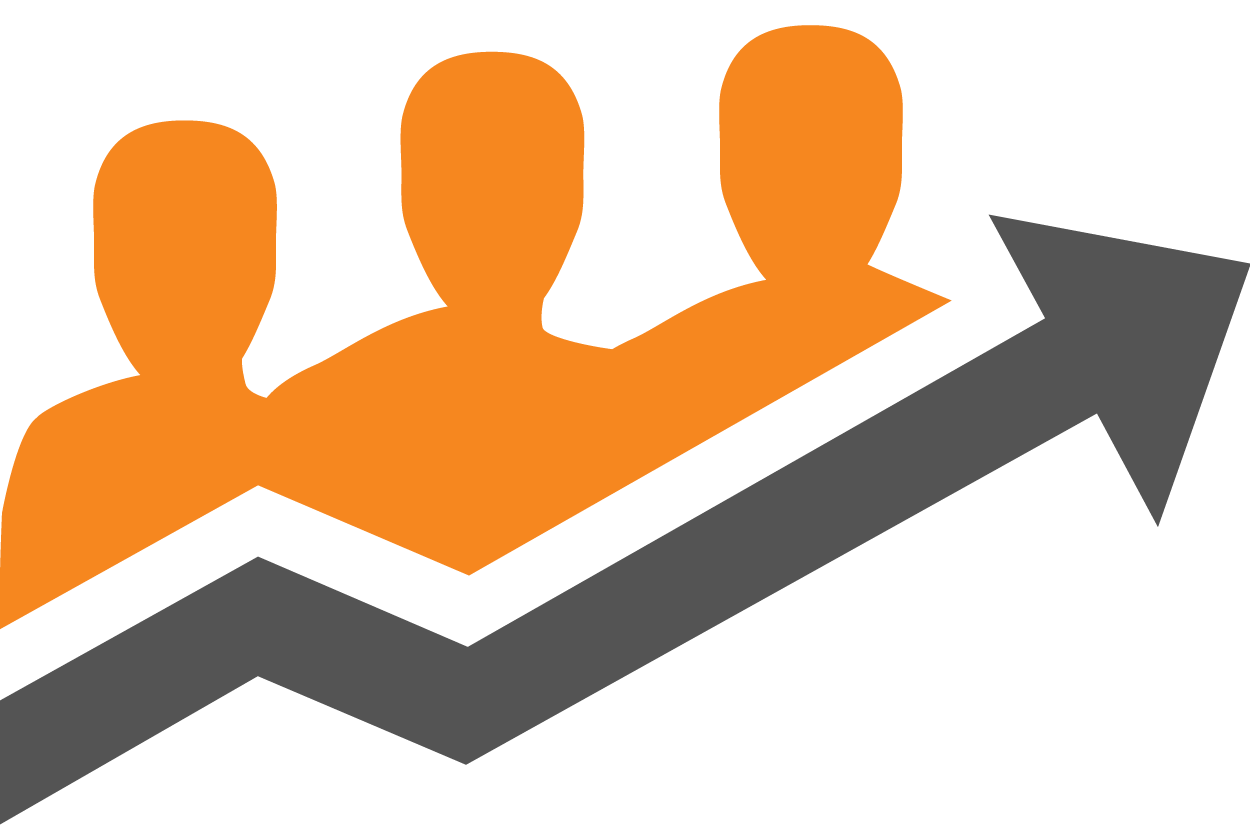Korelasi Kecanduan Media Sosial Terhadap Motivasi Belajar Mahasiswa Kesehatan UIN Syarif Hidayatullah Jakarta
Abstract
Background: Learning motivation can be influenced by psychological factors. One that can interfere with psychological health was addiction to social media. This study aims to see the relationship between social media addiction and learning motivation in College students of the Faculty of Health Sciences UIN Syarif Hidayatullah Jakarta. The inclusion criteria in this study were students with the criteria for late teens aged 18-21 years. The instrument used by the researcher were a social media addiction questionnaire and a learning motivation questionnaire. Methods: This research method uses an analytical corelasional research design with a cross sectional approach. Sampling in this study using Stratified Random Sampling technique with a total sample of 296 respondents. This study uses the analysis of the Spearman rank. Results: The results of this study obtained a correlation coefficient of -0.748 and a significance value of 0.000 <0.05. Conclusion: So that this study succeeded in proving the hypothesis which states that there was a strong relationship between social media addiction and learning motivation for students of FIKES UIN Syarif Hidayatullah Jakarta. So that students must be able to use social effectively to avoid the negative impacts of using social media.
Keywords: social media, Learning motivation, College Student
Keywords
Full Text:
PDFReferences
Aprilia, R., Sriati, A., & Hendrawati, S. (2020). “Tingkat Kecanduan Media Sosial Pada Remaja”. Journal of Nursing Care, 3(1), 41–53. https://jurnal.unpad.ac.id/jnc/article/view/26928
APJII. (2020). Laporan Survei Internet APJII 2019-2020. Diunduh dari:
https://www.apjii.or.id/.
Astuti, L. (2020). , Vol. II,No.2 September 2020. II(2), 146–156.
Cheng, C., Lau, Y. ching, Chan, L., & Luk, J. W. (2021). Prevalence of social media addiction across 32 nations: Meta-analysis with subgroup analysis of classification schemes and cultural values. Addictive Behaviors, 117. https://doi.org/10.1016/j.addbeh.2021.106845
Dahar, Ratna Wilis. (2017). Teori-teori Belajar & Pembelajaran. Jakarta: Erlangga.
Hou, Y., Xiong, D., Jiang, T., Song, L., & Wang, Q. (2019). Social media addiction: Its impact, mediation, and intervention. Cyberpsychology, 13(1). https://doi.org/10.5817/CP2019-1-4
Ibrahim, M., Suryani, S., & Sriati, A. (2019). Relationship External Factors with Internet Addiction in Adolescent Age 15-18 Years. Jurnal Keperawatan Padjadjaran, 7(3), 257–267. https://doi.org/10.24198/jkp.v7i3.1105
Khodijah, N. (2018). Psikologi Pendidikan.Jakarta: Rajawali Press.
Kurniasanti, K. S., Assandi, P., Ismail, R. I., Nasrun, M. W. S., & Wiguna, T. (2019). Internet addiction: A new addiction? Medical Journal of Indonesia, 28(1), 82–91. https://doi.org/10.13181/mji.v28i1.2752
Kuswantoro, K. (2020). Pendidikan Profetik untuk Anak di Era Digital: Upaya Menangani Kecanduan Gadget pada Anak. MATAN: Journal of Islam and Muslim Society, 2(1), 87–99. https://doi.org/https://doi.org/10.20884/1.matan.2020.2.1.2254
Lin, Y. J., Hsiao, R. C., Liu, T. L., & Yen, C. F. (2020). Bidirectional relationships of psychiatric symptoms with internet addiction in college students: A prospective study. Journal of the Formosan Medical Association, 119(6), 1093–1100. https://doi.org/10.1016/j.jfma.2019.10.006
Masturoh, I., dan N. Anggita. (2018). Metodologi Penelitian Kesehatan. Jakarta: Kementerian Kesehatan RI.
Osatuyi, B., & Turel, O. (2018). Tug of war between social self-regulation and habit: Explaining the experience of momentary social media addiction symptoms. Computers in Human Behavior, 85, 95–105. https://doi.org/10.1016/j.chb.2018.03.037
Pekpazar, A., Kaya Aydın, G., Aydın, U., Beyhan, H., & Arı, E. (2021). Role of Instagram Addiction on Academic Performance among Turkish University Students: Mediating Effect of Procrastination. Computers and Education Open, 2, 100049. https://doi.org/10.1016/j.caeo.2021.100049
Pembukaan Alinea Keempat Undang-Undang Dasar Negara Republik Indonesia. Tahun 1945
Rahmawati, H. N., Iqom, M. K. B., & Hermanto. (2017). Hubungan Durasi Penggunaan Media Sosial Dengan Motivasi Belajar Relationship of Duration of Use of Social Media With Teen Learning Motivation. Jurnal Keperawatan, 5(2), 77–81.
Rini, A. (2015). Menanggulangi Kecanduan Game On-Line Pada Anak. Jakarta: Pustaka Mina.
Salicetia, F. (2015). Internet Addiction Disorder (IAD). Procedia - Social and Behavioral Sciences, 191, 1372–1376. https://doi.org/10.1016/j.sbspro.2015.04.292
Sardiman. (2015). Interaksi dan Motivasi Belajar Mengajar. Jakarta: Rajawali
Press.Slameto. (2015). Belajar dan Faktor Yang mempengaruhinya. Jakarta: Rineka
Cipta.
Thakkar, V. (2016). Addiction. New York: Infobase Publishing
Toozandehjani, A., Mahmoodi, Z., Rahimzadeh, M., Jashni Motlagh, A., Akbari Kamrani, M., & Esmaelzadeh Saeieh, S. (2021). The predictor role of Internet addiction in high- risk behaviors and general health status among Alborz students: A structural equation model. Heliyon, 7(5). https://doi.org/10.1016/j.heliyon.2021.e06987
Zhao, L. (2021). The impact of social media use types and social media addiction on subjective well-being of college students: A comparative analysis of addicted and non-addicted students. Computers in Human Behavior Reports, 4, 100122. https://doi.org/10.1016/j.chbr.2021.100122
DOI: http://dx.doi.org/10.32883/rnj.v5i1.1660
DOI (PDF): http://dx.doi.org/10.32883/rnj.v5i1.1660.g635
Refbacks
- There are currently no refbacks.







